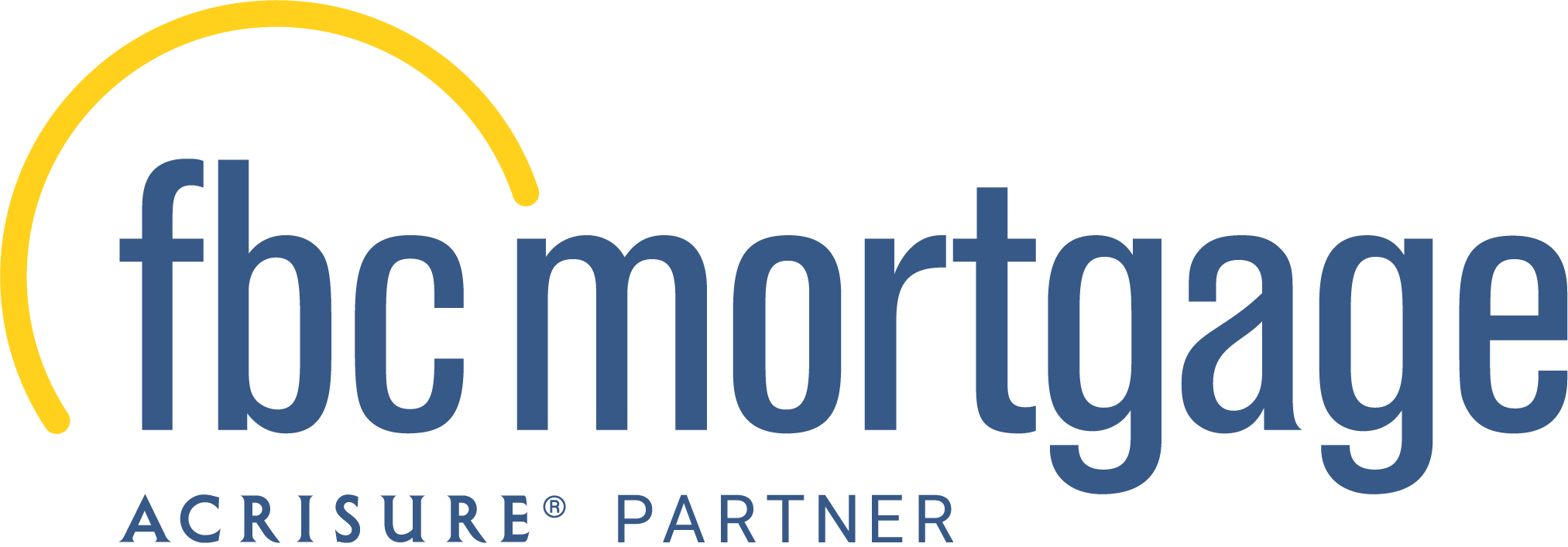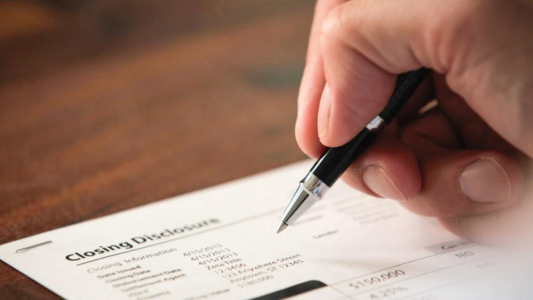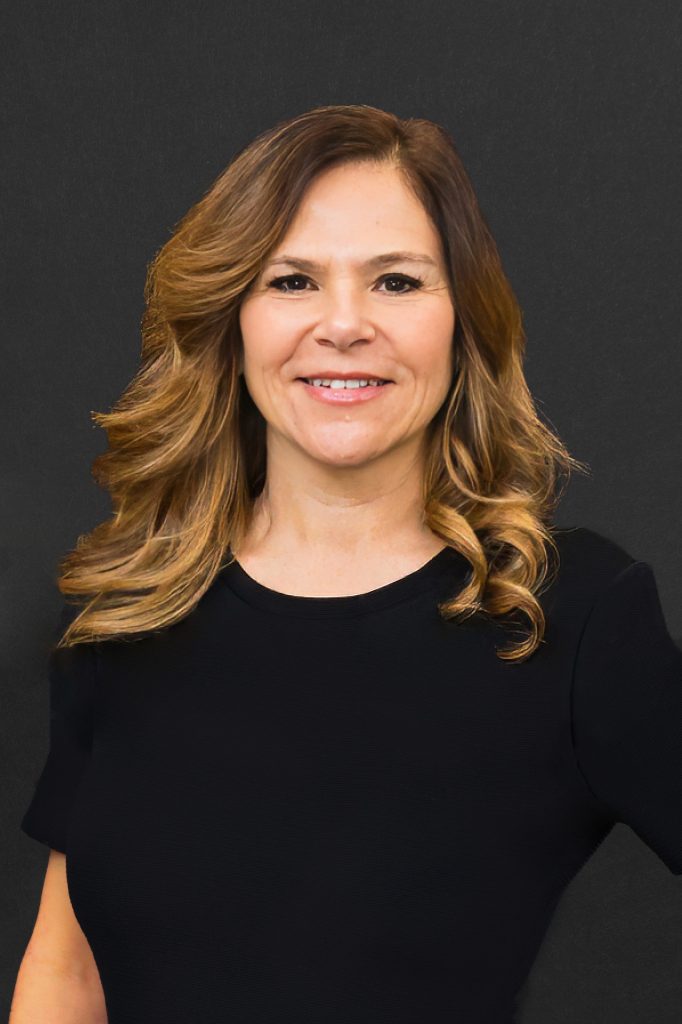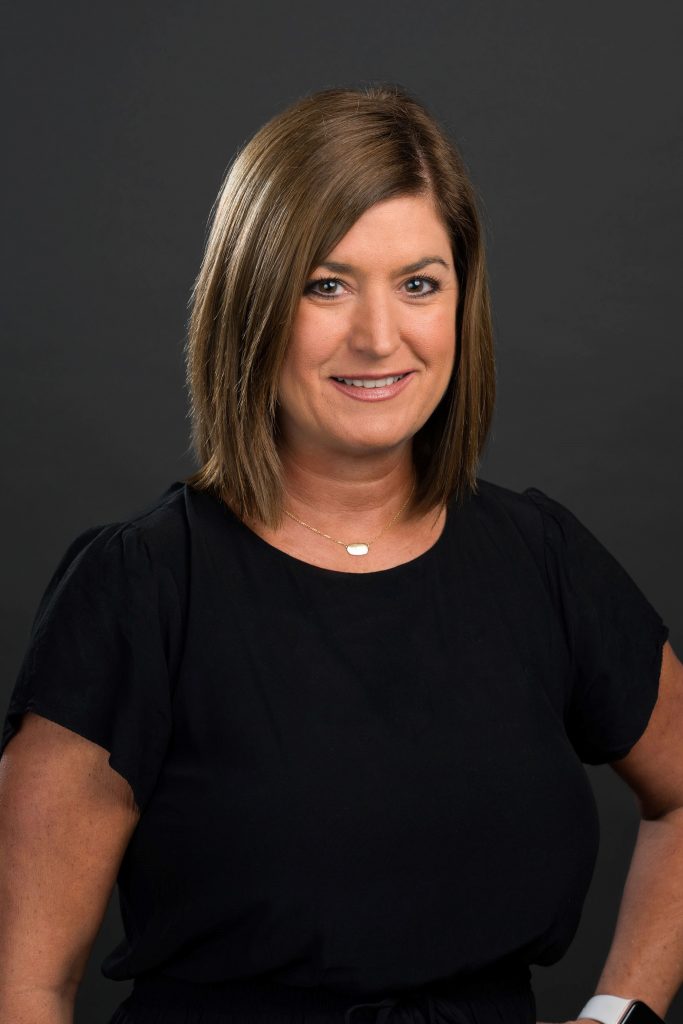Reading your mortgage documents can be challenging due to the amount of information they contain, and the mortgage terminology used. One very important document you will come across at the end of the lending process is your Closing Disclosure, which includes all the final details about your mortgage like the loan terms, monthly payment, and how much you owe in fees and closing costs. Here’s a guide to help you understand each section of your Closing Disclosure.
Loan Terms
- Loan Amount: The total amount you are borrowing.
- Interest Rate: The rate at which you will be charged interest on the loan amount.
- Monthly Principal & Interest: The base amount of your monthly payment.
- Prepayment Penalty: Indicates if there is a fee for paying off the loan early.
- Balloon Payment: States if a large payment will be due at the end of the loan term.
Loan Costs
- Origination Charges: Fees charged by the lender for processing the loan.
- Services Borrower Did Not Shop For: Fees for services required by the lender where you did not choose the provider (e.g., appraisal fee, credit report fee).
- Services Borrower Did Shop For: Fees where you were able to choose the provider (e.g., pest inspection, survey fee, title fees).
Other Costs
- Taxes and Other Government Fees: Recording fees and transfer taxes.
- Prepaids: Costs that need to be paid in advance, such as homeowners insurance premiums and property taxes.
- Initial Escrow Payment at Closing: Deposits you need to make into your escrow account at closing.
- Other: Additional costs like homeowners association (HOA) fees, home warranty, or real estate commissions.
Calculating Cash to Close
- Loan Amount: The principal amount of your loan.
- Total Closing Costs: Sum of all loan and other costs.
- Closing Costs Paid Before Closing: Any costs you paid before closing.
- Down Payment/Funds from Borrower: The amount you are paying upfront towards the property.
- Deposit: Any earnest money deposit made.
- Funds for Borrower: Any credits from the seller or other sources.
- Adjustments and Other Credits: Prorated property taxes and other credits.
Additional Information About This Loan
This page features important information about your loan including assumption, demand feature, late payment, negative amortization, and partial payments, along with information on what your escrow account covers.
Loan Calculations, Other Disclosures, and Contact Information
This page summarizes the total amounts of payments and interest you will pay over the life of the loan, and other important costs like the APR. The disclosures outline your rights when it comes to your appraisal, your responsibility for the loan, refinance considerations, and potential tax deductions you could take advantage of. You will also find the contact information for your lender, real estate agents, and settlement agents on this page.
Reading your Closing Disclosure carefully and understanding each section helps you to be fully informed about the financial commitment and terms of your mortgage. Don’t hesitate to seek clarification from your Loan Originator if you notice any discrepancies or need more explanation.
Frequently Asked Questions
When will I receive the closing disclosure?
You should receive your closing disclosure at least three business days before your closing date. This will allow you time to review the details of your loan.
Why is it important to review my closing disclosure?
It is crucial to review the closing disclosure to ensure all the terms and conditions match your expectations and the Loan Estimate you received earlier. It’s your last chance to ask questions and correct any errors before closing.
Can my loan terms change after I receive the closing disclosure?
Major changes to your loan terms after receiving your closing disclosure are rare. If significant changes occur (e.g., a change in the interest rate or loan product), you may receive a new closing disclosure and an additional three-day review period.
What is the difference between the loan estimate and the closing disclosure?
The Loan Estimate provides an estimate of loan terms and costs at the beginning of the application process, while the closing disclosure provides the final terms and costs before you sign the loan agreement.
What is Escrow?
Escrow is a special account managed by the mortgage lender to hold funds for your property taxes and homeowners insurance. Part of your monthly mortgage payment goes into the escrow account to cover these expenses. The lender then uses the funds in the escrow account to pay your property taxes and insurance premiums when they are due. This is meant to protect you and the lender by ensuring payments are made on time. It’s important to note that the lender may adjust your monthly escrow payments annually based on changes in tax and insurance costs. You can learn more about other common mortgage terms on our blog Top 10 Mortgage Terms You Need to Know.
Ready to learn more?
Connect with one of our loan officers in your area today.
Ready to learn more?
Why Choose FBC Mortgage?
FBC Mortgage, LLC is a leader in helping home buyers with fast and simple loans. We’re dedicated to exceptional customer service and are always available when you need us most, even at night and on the weekend. We’ll help you navigate your new home purchase, and keep you updated along the way with weekly check ins, so you know you’re taken care of. That’s one of the many reasons why 95% of our clients would recommend us to their friends and family. It’s also why the nation’s top home builders and Realtors trust FBC to help their new home buyers.
Buying a home is one of the most important financial decisions you will make. Understanding mortgages and the home buying process can help make it less stressful, and so can partnering with a mortgage lender you can trust. At FBC Mortgage, LLC, we’re dedicated to helping home buyers finance their dream home.
All information presented is for educational purposes only and not intended as financial advice. FBC Mortgage, LLC is a national mortgage lender headquartered in Orlando, Florida. Specializing in residential mortgage lending, including purchase, refinance, construction, and renovation loans. See what our clients have to say. NMLS#152859 EHL ©2024.

What Is A Rate Float Down?
Lower payments, peace of mind, and added flexibility make a rate float down an attractive option. In this article, we’ll explain what a rate float down is and how it could benefit you in your homebuying journey.

Five Things You Need to Know About Changes to Realtor Commissions
Here are five key takeaways from the NAR settlement that changed how Realtor commissions are listed and the effects on future real estate transactions.

What Do Lower Rates Mean For You?
What do lower rates mean for you as a homeowner, homebuyer, or home seller? In this article, we’ll dive into how interest rate cuts could benefit you.

























